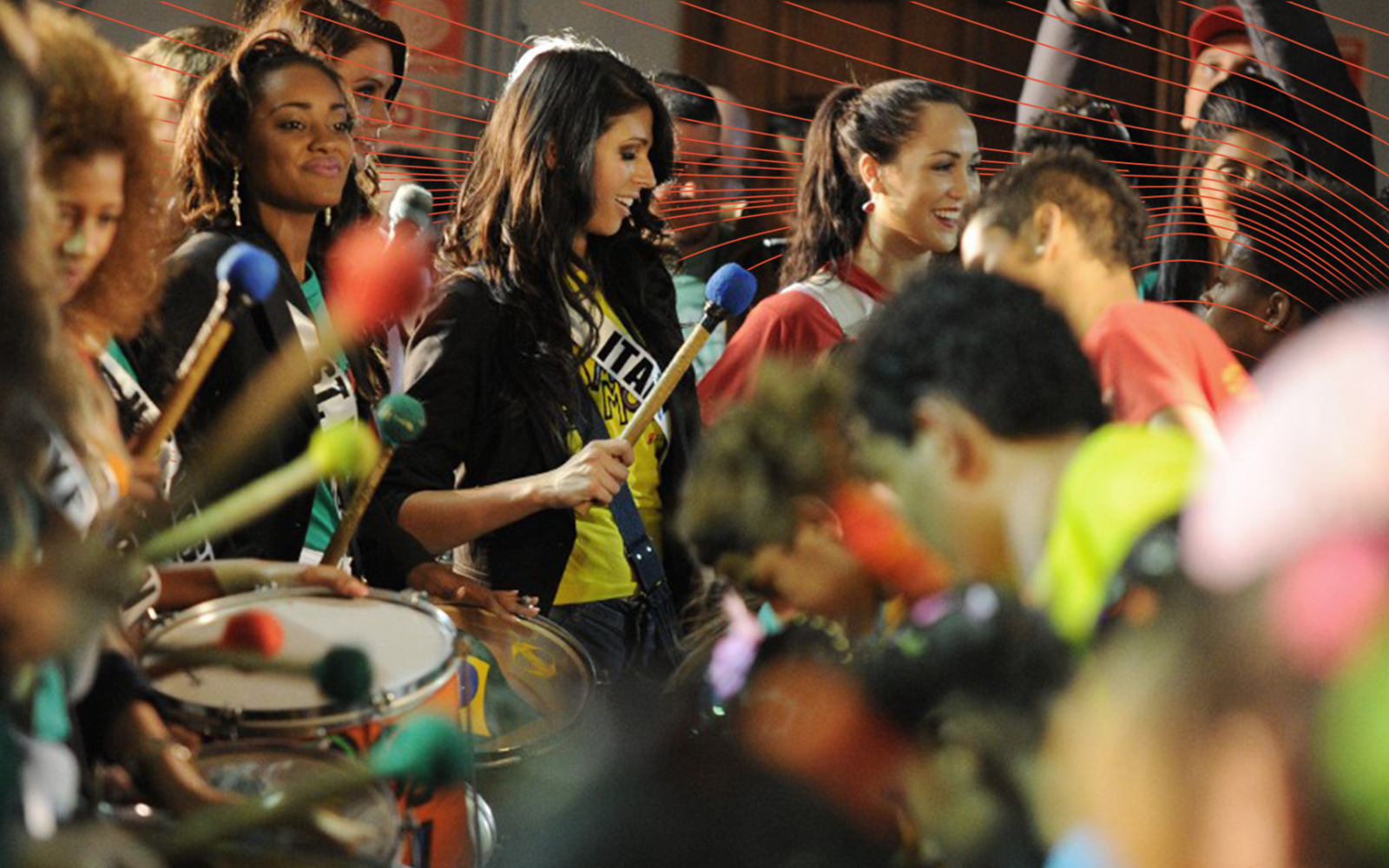Working with Farmers as the Changemakers Towards a Sustainable Future
TOBIAS | GLOBAL DIRECTOR OF SMART AND SUSTAINABLE FARMING IN FOOD INDUSTRY | FRANCE |
With a deep-rooted commitment to sustainability, Tobias leads efforts in transitioning to regenerative agriculture. Through collaboration with farmers and pioneering sustainable business models, he strives to meet the social and environmental challenges of our time, while empowering future generations to create lasting, positive impact.
